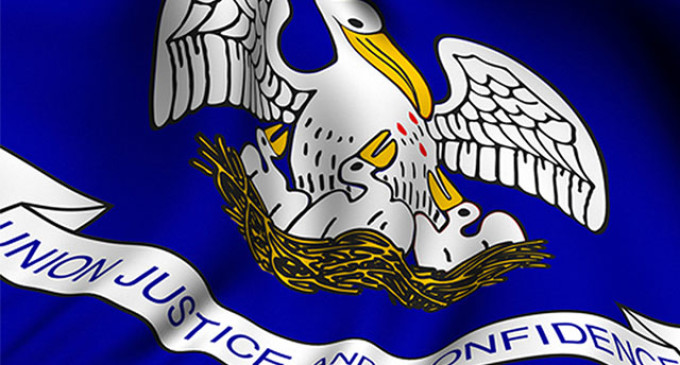An in-depth look at the six proposed amendments to Louisiana’s constitution have been made available by the Public Affairs Research Council of Louisiana (PAR), which is an independent voice, offering solutions to public issues in Louisiana through accurate, objective research and focusing public attention on those solutions. PAR is a private, nonprofit research organization founded in 1950.
The first two amendments were addressed in Tuesday’s issue, amendments 3 and 4 in Wednesday’s issue, amendment 5 was published Thursday and 6 is below.
6. Adjusts threshold for tapping protected funds
Proposed change
The proposed amendment would add a new trigger letting the Legislature use otherwise protected and dedicated funds. It adds five other funds and trusts to the list of accounts exempted from the present and proposed triggers. It also allows fund balances to be diverted.
A vote for would
Provide legislators a new way to tap into constitutionally protected funds during revenue downturns and also extends protection to five existing funds.
A vote against would
Keep in place the existing trigger which allows the Legislature to tap into otherwise protected funds. The Legislature would be able to tap up to 5 percent of each fund’s current year budget allocation.
Argument for
While it is important to have a trigger high enough to discourage legislators from using protected funds in every instance a budget deficit occurs, the existing trigger for handling ensuing year shortfalls is too high and was crafted in such a manner that it was never intended to be activated. Because official forecasts for the current fiscal year and subsequent fiscal years are often revised up or down at the same time, obtaining a 1 percent drop in projected revenue between the two forecasts would be unusual.
The new trigger threshold remains high but allows public officials to access these dedicated funds in more realistic scenarios.
Granting access to most constitutionally and statutorily protected funds during severe budget deficits would also allow the Legislature to more equitably distribute necessary cuts across a variety of state programs and reserves. Because many parts of the state budget have been locked up through laws or the state constitution, deep cuts must often be made to health care services, higher education, and other parts of the discretionary budget. Spreading the pain of cuts across several areas would reduce the severity of the reductions made to any one particular component of the budget.
The adoption of this amendment would also buy the Legislature more time to produce comprehensive budget solutions in years in which large budget deficits exist but the Legislature has no way to raise substantial amounts of additional revenue. Because tax reform bills can only be considered in odd years or in extraordinary legislative sessions, using funds from a variety of state accounts would give lawmakers more flexibility to protect Louisiana’s institutions and programs and prevent deep and profound cuts to a handful of important budget items like higher education.
The amendment also exempts a larger list of funds and trusts from cuts, meaning that important accounts like the Coastal Protection and Restoration Fund will remain fully protected during severe budget shortfalls. Because many of these shielded funds receive federal dollars or are underwritten by special groups, this change puts forward a positive message that it is committed to funding important projects. This commitment will assure investors and federal agencies that Louisiana will continue to steward their dollars well in the future.
Argument against
This amendment discourages the development and adoption of long-term and comprehensive budget reform as it allows legislators to rely on additional one-time money to paper over underlying systemic problems with the state’s recurring revenue streams and spending patterns. Giving officials another instrument to kick the can down the road should be avoided. Leaving the existing trigger in place will preserve the integrity of dedicated funds and force officials to find other means of reducing budget gaps.
There is also uncertainty about what would happen if revenue forecasts changed multiple times during the year. Would funds still be available for sweeping even if a later forecast did not project a revenue shortfall for next year? Without a clear answer, future legislatures and governors would probably take the most flexible interpretation possible. Tapping into protected accounts is also a rejection of the primary concerns Louisiana voters have expressed through the adoption of previous constitutional amendments.
By electing to shield some funds from the threat of discretionary cuts, constituents have voiced their support for various causes and initiatives and told lawmakers to look elsewhere to plug budget shortfalls. Adoption of this amendment would allow the Legislature to more frequently take money from these priorities. Adding the new trigger would increase the possibility that, in the future, the Revenue Estimating Conference could abuse the new authority to access protected funds.
This amendment would increase the pressure on the state’s official forecasting body to put politics above sound judgment when making revenue estimates. This amendment creates greater constitutional protection to certain funds while purporting to provide additional budget flexibility. This amendment limits the ability to eliminate a deficit in the current year by adding several funds that could not be cut such as coastal funding and supplemental pay. As such, it serves as a wolf in sheep’s clothing that will reduce flexibility rather than increase it.

